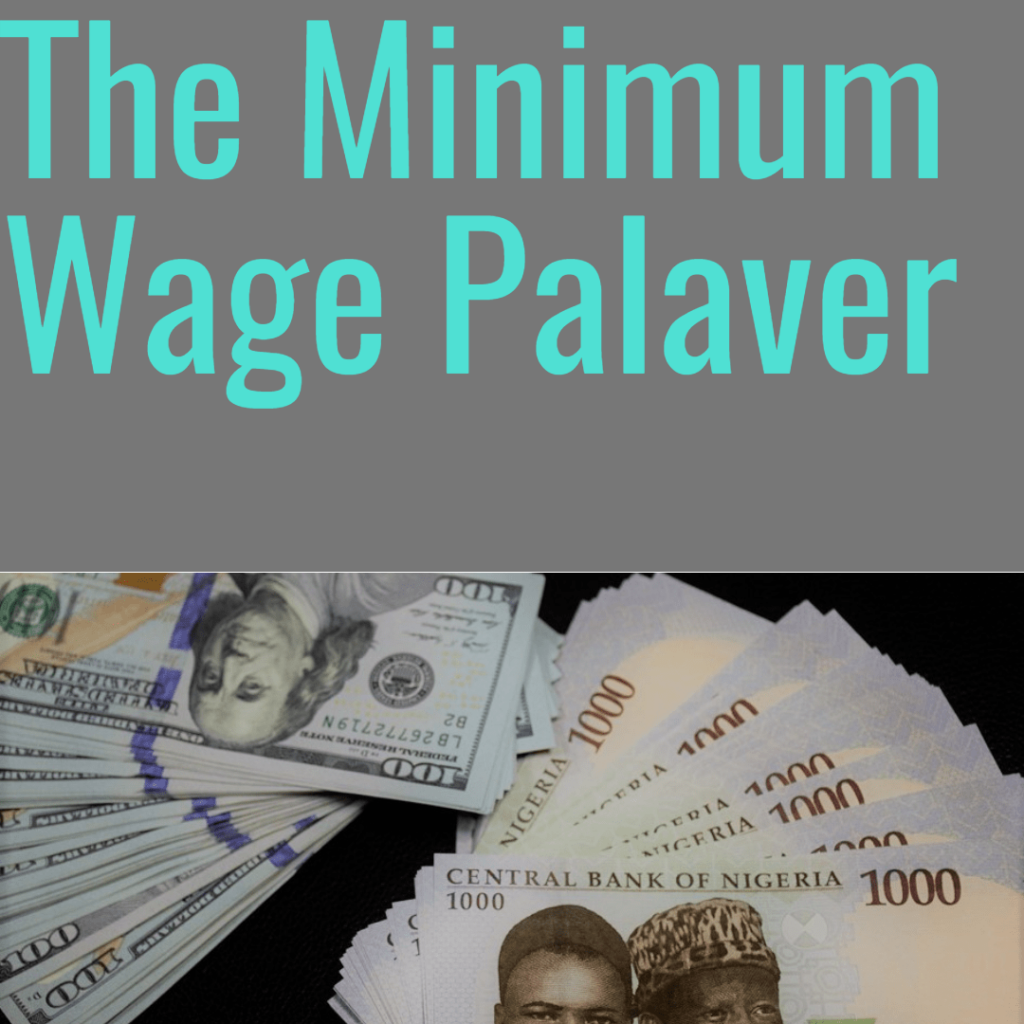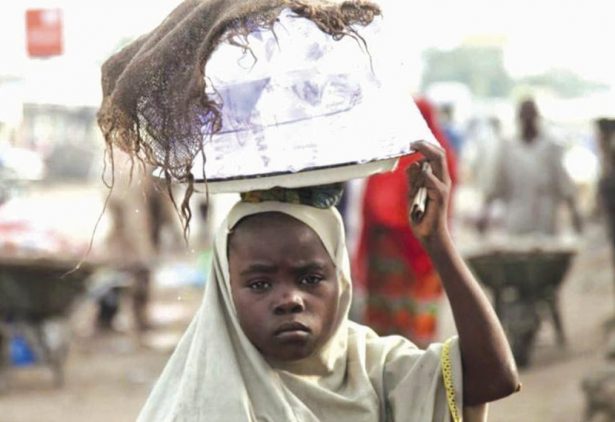Connecting The Dots From The Labours Of Heroes Past by Folarin Oluwatimilehin.
Punctiliously dissecting Nigeria’s antecedent history, it will take less than a split second to accede with me that the arrival of the Portuguese in 1472 fabricated mixed reactions from the vincible residents in the land.[1] Afterwards, a paradoxical leaping of joy ensued in 1914 when the Northern and Southern protectorate was amalgamated by Sir Lord Fredrick Lugard to give birth to the single geographical entity called Nigeria. To some, it was a great idea to unite groups of people with remarkable disparities in culture and religion, while to others; it was a decision without a vision. Several years after the amalgamation, the quest for independence to experience governance devoid of interference from the whites was tirelessly pursued. At last, the victory came in 1960 when the green-white-green flag was raised, and the British flag was lowered. Unfortunately, after nearly six decades of freedom, Nigeria is now filled with problems ranging from uneven distribution of resources, corruption, naira devaluation, declining quality of education, and so on. However, as an inquisitive young lad who enjoys hearing tales from my parents, I have never discounted the uniqueness of Nigeria cemented through brotherhood, togetherness, and unity. The nation is like an indescribable and flummoxed empire of species that have evolved over the years, learning from past and present predicaments to prepare for a future with great fortitudes. Even though we seem to inherit a memory of both hope and despair, we must always review the lessons of history. We need to put on the garment of inspiration, bravery, and unity to navigate over the mistakes of the past, take wiser advantage of the labour of our heroes past, and envision the future we all desire with faith and optimism. Just like the components of trees are interconnected in their functions for corporate growth, Nigerians need to continually come together and usher the land into greatness in unity. Becoming the chief-editor of Hands of Top (HOT) Club was a turning point in my journey of life. While trying to find stories to put on the club’s board as the yearly independence ceremony was fast approaching, I began to discover that the labour of our heroes past shall never be in vain. Unarguably, Nigeria is endowed with great brains that have the potential of keeping the nation’s economy at the possible peak. This was evident in 1976 when 60 kobo was exchanged for 1 US Dollar.[2] This outstanding feat that should not disappear too soon into the thin air. If the present leaders can go back to the drawing board, undoubtedly, the element of hope in the bright future of naira is unshakable. Even though the present status quo of Nigeria seems to be appalling, the undiluted desire to navigate our fatherland from economy retardation to an economy filled with ‘milk and honey’ is our watchword. Furthermore, it is remarkable to recall that in the 1960s, Nigeria was respected for being the world’s leading exporter of groundnut, and interestingly, the second-largest exporter of cocoa and palm produce. Also, she was an important exporter of rubber in the world.[3] It is apparent that the nation has been rooted in a soil that has been watered by the blood and sweat of our ancestors, and as such, we cannot afford to lose guard at this point. Without mincing words, Nigeria is a dominant promoter of literature in the continent. With numerous renowned writers such as Chinua Achebe, Wole Soyinka, Florence Nwapa, among several others emanating from the country, the rich literary history of the nation is unmatchable. Many a time, the green-white-green flag has gained respect from advanced nations due to the literature of these great authors that hailed from Nigeria. In fact, the Nobel Prize won by the indigene of the land in 1986 birthed many realities that have been attracting many citizens of several nations to come and learn from the prolific store of words and expressions with sparkling vitality Nigerians have to offer. Further jogging down the memory lane, Nigeria’s involvement in making peace in West Africa and the world at large is worthy of tremendous commendation. In 2000, my nation remarkably contributed 3,404 troops to peacekeeping missions under the umbrella of the United Nations, making her to be placed as the second largest troop-contributing country after Bangladesh.[4] A Few years later, Nigeria once again successfully participated in the United Nations Mission in Liberia (UNOMIL).[5] As highlighted in the preceding paragraph, my nation had in time past, and will continually be instrumental in making peace in the continent and beyond. Neglecting the aspersions that is currently casting a shadow of incompetence on the image of the nation, truth be told, our confidence in Nigeria needs to gain wings to fly like an eagle. We need to connect the dots from the past glories and learn from present tribulations to create the desired future we all want for our dear country. The aforementioned achievement is just a tip of the iceberg of the great values Nigeria commands. Together, we can add more. Together, we can cascade the state of the education sector to match the supremacy of the Finnish education system notable for having a remarkable homogeneity of performance among schools. The Nigerian education sector must attain a feat that no country will be able to stand. Having schools with extremely low differences among the lower and upper-performing students is what we all desire. Together, we will continually gear our efforts towards making Nigeria an indomitable and unmatchable nation. Together, we can solve the recurrent problem of epileptic and erratic power supply facing the nation. Together, we can trigger the rebuilding of Nigeria’s failing infrastructural system, revamp the health sector, and empower millions of youth and able-bodied citizens to reduce the rate of unemployment in the land. The economy of Nigeria must flourish, and take the lead among the African nations, and the world at large. Though we cannot predict the future, we can write and change it with what we do now. The past is not ours to mend but the future is ours to look forward to. My efforts and your efforts needed in connecting the dots to restore the sense of pride in things that will elevate the nation to be one of the greatest republics in the world is vital. Undoubtedly, the nation we all desire is whatever we make it. It is not a matter of coincidence, but a result of the choice we make. The unrelenting efforts to succeed despite all odds will perpetually strengthen our hopes in the journey to greatness. The students reading with phone torch or shades from lantern to excel in Nigerian universities, and later proceed to Imperial College, Harvard, Cambridge, among many other top-notch higher institutions to set records



